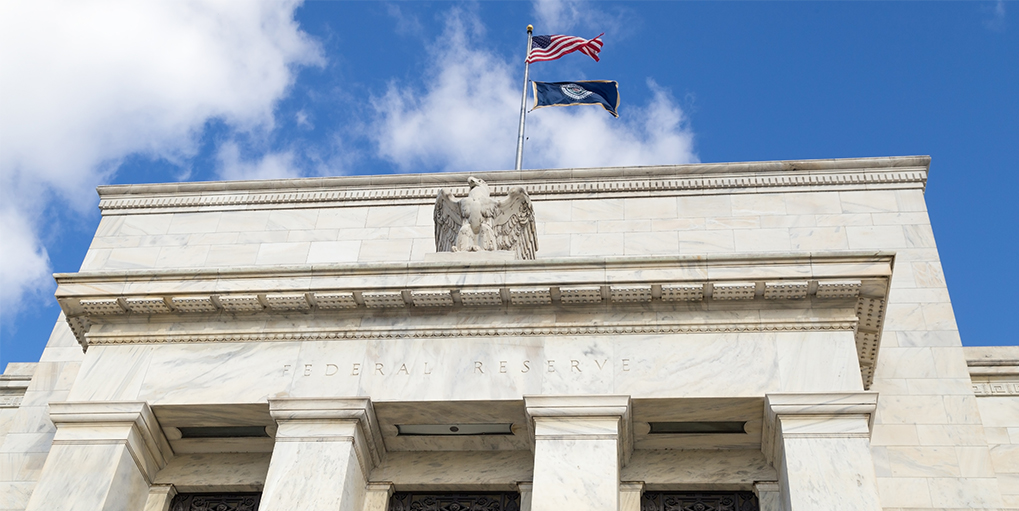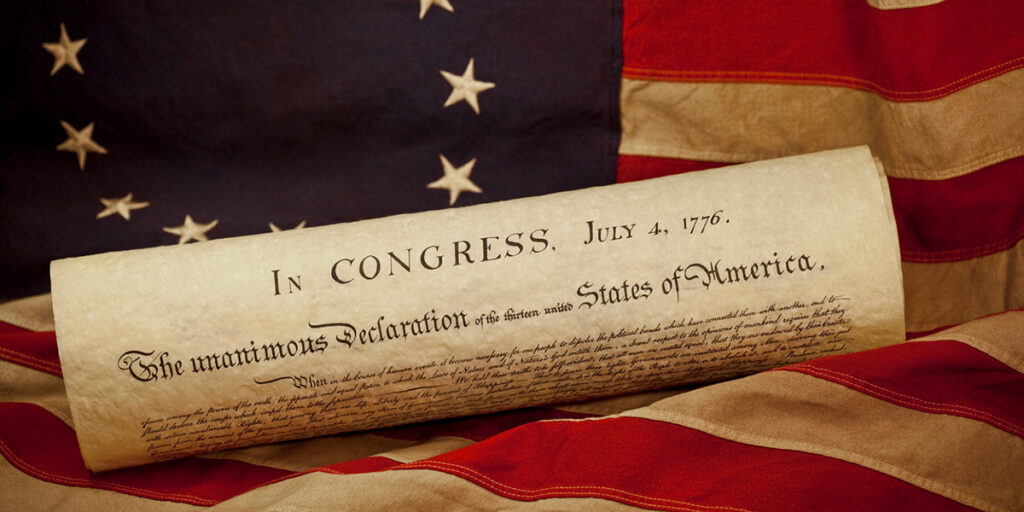I know, you’re thinking, another piece on interest rates and the Fed? So boring, right. Well, stay with me.
There is going to be a new leader at the Federal Reserve. His name is Jerome Powell. His friends call him Jay. President Trump announced the move on Thursday, which if confirmed, will put an end to Janet Yellen’s tenure in February. Confirmation is nearly certain. That would mean just 1 term for Janet Yellen. She was the first woman to chair the Fed. She will most likely now be the first 1-termer in nearly 40 years. It’s also the first time a new President decided to choose a new Fed Chair in 4 decades. Yellen could still serve out her term as a Fed Board member, which doesn’t expire until 2024. Importantly, unemployment has fallen to a 16-year low on Janet Yellen’s watch. She has secured herself as a pioneer regardless of her next path.
So what does this mean? Most importantly, it means continuity and predictability. The Market likes it. Powell worked closely with Yellen and Ben Bernanke, who both presided over a very supportive, highly sensitive central bank during and after the Financial Crisis with increased transparency. This was not the case under Alan Greenspan and Paul Volcker, who were large personalities and kept things very close to their vests and/or briefcases… In case you’re wondering, Alan Greenspan and his famous briefcase was the longest tenured at 18 years.
In 5 years as a Fed Governor, Jerome Powell never dissented from Yellen’s policy recommendations. President Trump has said he wants to see interest rates stay low. This is very likely under a Powell-led Fed. Even though interest rates are expected to increase next month and next year, they remain near historic lows and that will almost certainly continue. The other aspect that the Market and the President like about Powell is his desire for loosening burdensome regulation. That’s pro-business. With Powell, we might just get a combo of Yellen-styled monetary policy with a Republican’s view on regulation.
Why do we care about the Fed? Because the Fed is the ultimate overseer of interest rates. Interest rates are the price of money. They have been low for so long, which has helped stock prices, bond prices and home prices. Low rates also make buying a car cheaper. They promote business investments. Low interest rates help strengthen the economy. But if they stay too low, too long, they can inflate asset prices. The Stock Market at all-time highs and housing, particularly in the Bay Area, are direct reflections of this. If and when interest rates start moving higher, it will certainly have an impact on pricing. The monthly payment on a new mortgage will rise, which will cool down a hot housing market.
With all that said, interest rates actually fell this week. It’s a sign the Market is quite comfortable with the predictability and continuity of this Fed transition. Equally important more near-term, it tells us that the Bond Market doesn’t believe that all is perfect right now, like the Stock Market seemingly does. For example, the yield curve reached the flattest level we’ve seen since 2007, something we are monitoring closely. The Bond Market is the smartest of money and with little clarity on where the new tax bill is headed and the President on his way to Asia, there are a lot of things that could derail this rally. North Korea comes to mind. With the record run on the DOW, the rationality of existing exuberance is getting a little frothy. Fed Chairman Alan Greenspan made his famous speech 3 1/2 years before the bubble burst. So excessive enthusiasm can certainly last a while. However, investor sentiment is now at highs not seen since October of 1987. Remember what happened then? Me too. Very few saw Black Monday coming. It didn’t end well.
Our primary job is your financial security. We take this responsibility so very seriously. We’re on it.
Have a nice weekend. We’ll be back, dark and early on Monday.
Mike







